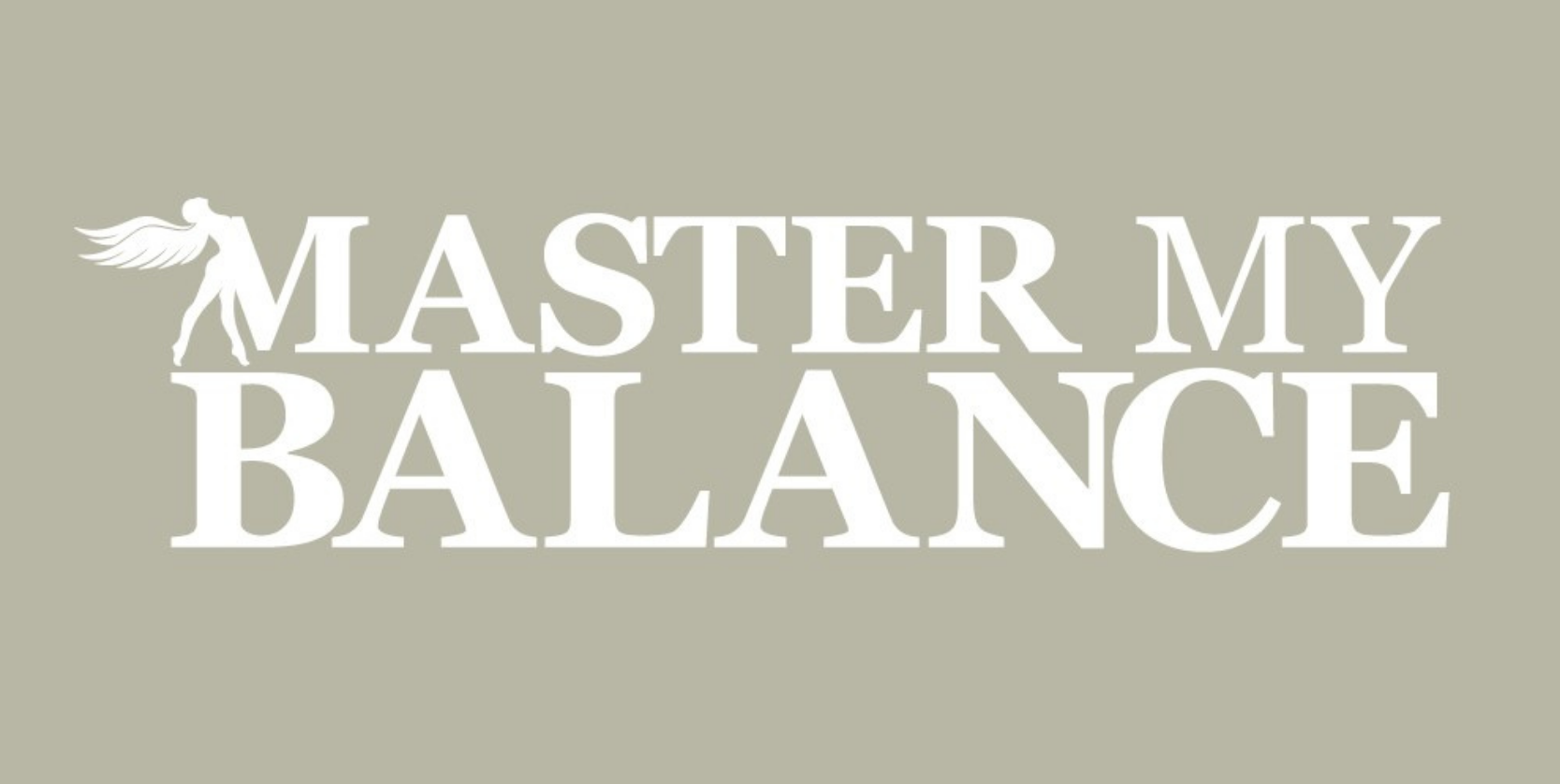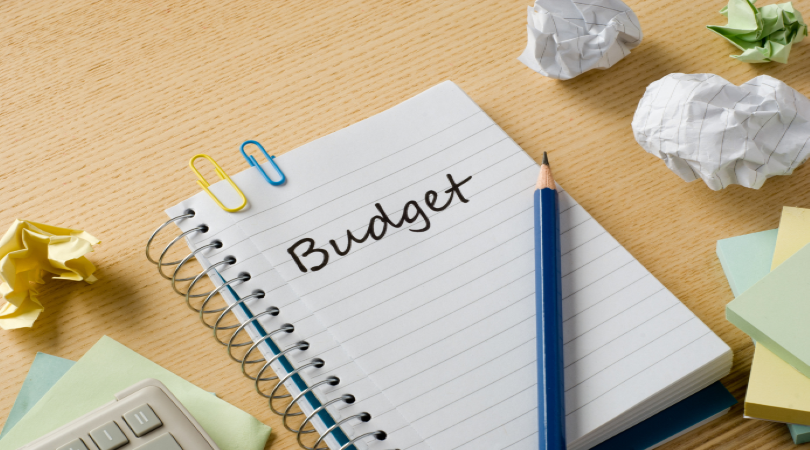Many people feel they are fully aware of their budget, even though they don’t take account of all their income and outgoings. Once upon a time I was one of those people!! However, in order to build financial resilience, you need to know and understand your budget in detail.
The benefits of budgeting became clear when I bought my first home. I was the first one from my group of friends to buy a house, so it took me awhile to get used to the responsibility of having a mortgage and bills to pay. I thought I could continue to live carefree like my friends with a relaxed financial attitude. But reality soon kicked in when I had to miss social events with friends because I didn’t budget for a household bill. It sounds trivial now, but to twenty-three-year-old me it was such a big deal. However, once I prepared a budget and got into the habit of regularly reviewing it, I found it much easier to manage the monthly bills that came with having a mortgage.
Where to start?
It can be time consuming when you first begin to prepare your budget, but once it’s done, it’s simply a matter of updating it every so often for any changes to your income or outgoings.
To begin with, list out your income. I only include guaranteed income in my budget. You may have the possibility of overtime etc., but unless it is guaranteed, I do not include it. Prepare your budget off your guaranteed income and anything that comes in after that is a bonus.
List your monthly expenses
When listing your outgoings, it can be useful to have a bank statement beside you to ensure you catch all expenses. Don’t forget to include those once off yearly costs such as house insurance, car insurance, car tax etc. and spread these costs out over the year in your budget. You can then transfer the monthly amount to a savings account until the bill is due. By doing this, you can save up the amount over the course of the year and pay the bill out in full. This will save you money overall and remove the stress of having so many direct debits coming from your bank account.
I’ve included a link to a basic budget template at the end of this blog to get you started. This can be downloaded and printed out. When I first started budgeting in my early twenties, I would’ve used something simple like this. Whereas, now I’m in my mid 40’s with children, I have a much bigger list of outgoings and require a more detailed budget, so I created a template in excel that I use. The below budget sheet is simply a guide to get you started with basic budgeting and hopefully help you get into the habit of budgeting going forward. The CCPC also have an online budgeting planner tool that can help you calculate your budget if you prefer to complete one online. If you would rather use a blank piece of paper, then do that. Do whatever works for you!
Know the difference between fixed and variable expenses in your budget!
Your fixed expenses are the monthly bills/outgoings that don’t change e.g. rent. These expenses are easier to budget for because you know exactly what the cost will be each month. Your variable expenses on the other hand can be more difficult to manage as the cost will change from month to month depending on your usage e.g. petrol.
Other variable cost examples include groceries and utility bills. There are ways to make budgeting for these bills easier. I use the level pay option with my utility provider. I pay the same amount each month based on my previous years usage. This makes it much easier to manage my budget as I’m paying the same amount each month. Be mindful of the price increases in utility costs over the past year and ensure you are paying enough towards your bill.
When it comes to budgeting for groceries, try keeping track of your spending for a few weeks to find out what your average spend is. There is no point putting a figure in your budget for groceries when in reality you are spending much more. Try to be as realistic as possible with the figures you put in your budget.
Should I prepare a monthly or weekly budget?
This will depend on when you get paid. If it’s monthly, then prepare your budget monthly. However, if you receive your income weekly, then it would be best to prepare your budget on a weekly basis.
What if my expenses are more than my income?
If you find your outgoings are higher than what you have coming in, then you need to act sooner rather than later. Firstly, check if there are any outgoings you can cut back on. Next, see if you can increase your income. If you are on a low income, you may be entitled to income supports from the department of social protection. Ring the Citizens information to find out if there are any supports you may be eligible for. If you have debts you are unable to meet, contact the Money Advice and Budgeting Service for assistance with this.
Savings
If you have surplus income after deducting your total expenses, then it is important you save some of this. Don’t wait until after a shopping spree to save….in that instance there would never be anything to save! Save first and then go out shopping if you have money left after you pay your budgeted expenses. I have a standing order to automatically deduct my savings from my account each month. Everyone should have a ‘rainy-day’ savings account. These savings are to cover unexpected costs you may encounter. It is important to build up savings so you have these in times of unexpected financial expenses.
Each person’s budget and savings are individual to them, no one-size fits all. Therefore, it’s important for each person to assess what suits their circumstances and build a budget from there.
If you are new to budgeting, download the template below to get you started with writing out and planning your budget. If not, and you already have a bugdet in place, then give your budget a review to see if any changes are required.
Happy Budgeting!



Recent Comments